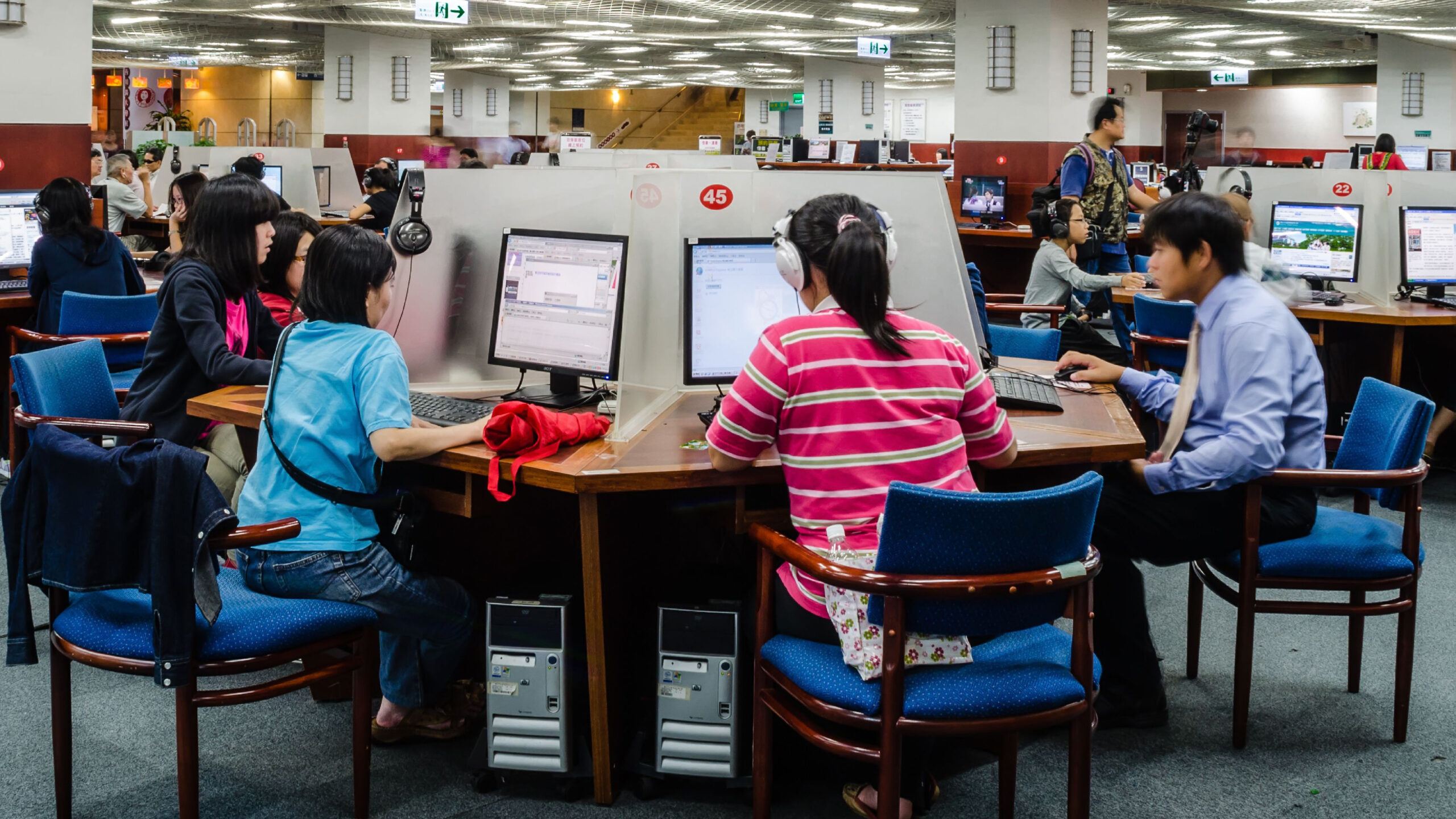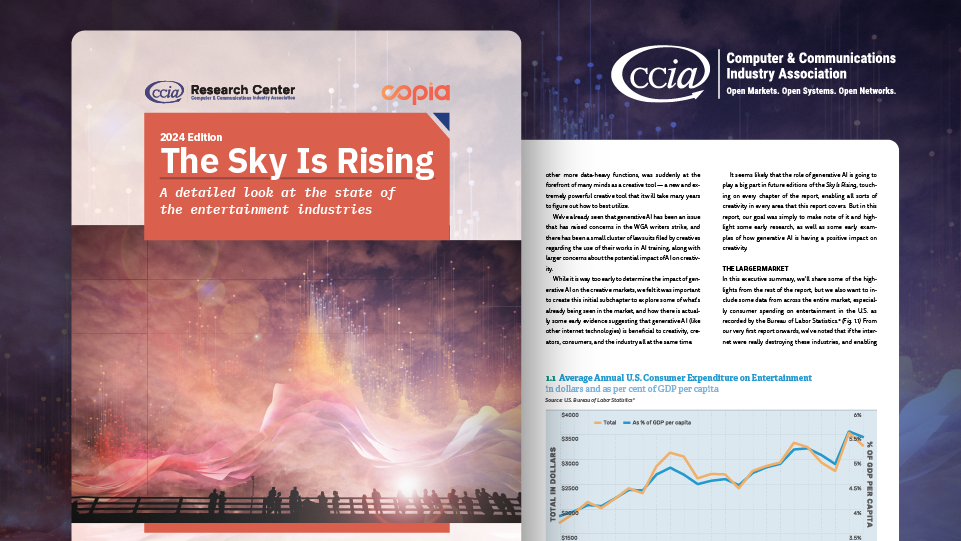The ITU, Internet Control, and Competition
Clearly the Internet isn’t fundamentally necessary to the sort of competition we like to talk about here on a regular basis, but there can be no doubt that a free and open Internet with low barriers to entry encourages the sort of business approaches that lead to disruptions in markets. That’s why so many of the companies we talk about here are Internet related, and why we have been closely tracking the ITU’s World Conference on International Telecommunications (WCIT). In fact, I was there for the past two weeks as a part of the United States Delegation (these thoughts are my own, of course, and I’m not speaking for the US government), and blogged here at DisCo about some of the proposals a while ago.
In fact, I was there for the past two weeks as a part of the United States Delegation (these thoughts are my own, of course, and I’m not speaking for the US government), and blogged here at DisCo about some of the proposals a while ago.
The WCIT was a forum for the UN’s International Telecommunications Union to review one of its underlying treaties, the International Telecommunications Regulations (ITRs). The ITRs were written in 1988 and addressed low level questions of interconnection between international telephone and telegraph networks, including such details as who should pay who. This year, however, the ITU called a conference to update that treaty and some governments saw it as a chance to achieve what they had so far been unable to do: gain more control over the workings of the Internet. For a great behind-the-scenes look at what happened at WCIT, check out Eli Dourado’s summary over at Ars Technica from yesterday.
The final treaty text has a few provisions that cause concern for competition on the Internet. Mostly they give license to countries that already are looking for ways to control content on the Internet. For example, the treaty now has language on spam and cybersecurity in it, both of which clearly address the question of content of communications. We also gave you an update during the conference on the Internet-related provisions in the treaty. When governments get tacit permission to start toying with traffic across the network based on its contents, all sorts of evils become possible.
The Internet is such a great force for disruption because it is flat and open. Gatekeepers are not able to keep out smaller competitors, which forces all the parties to work to make a better product instead. When governments have international blessing to start investigating the contents of communications, they start picking winners and losers and disruption is often sacrificed.
That’s why it was great to see the US and many other nations refuse to sign the resulting document. While not a perfect resolution to the conference, the US government did a lot to keep the worst of the worst out of the treaty. Still, vigilance on this topic is of the utmost importance. The WCIT was just one battle in an ongoing war between those who prefer governments to control everything on the Internet and those who believe in an open and free exchange of ideas. We will be there to fight those future battles and we hope the Internet community will be too.








